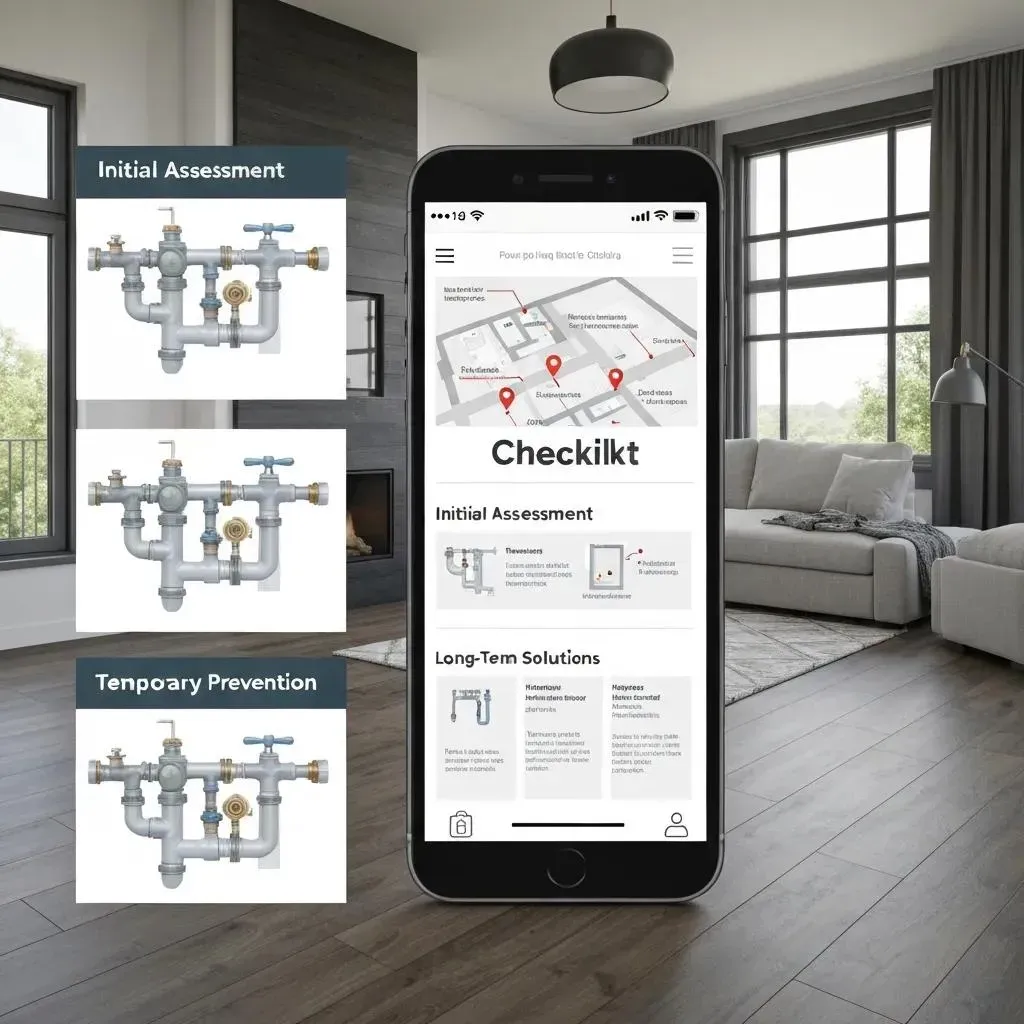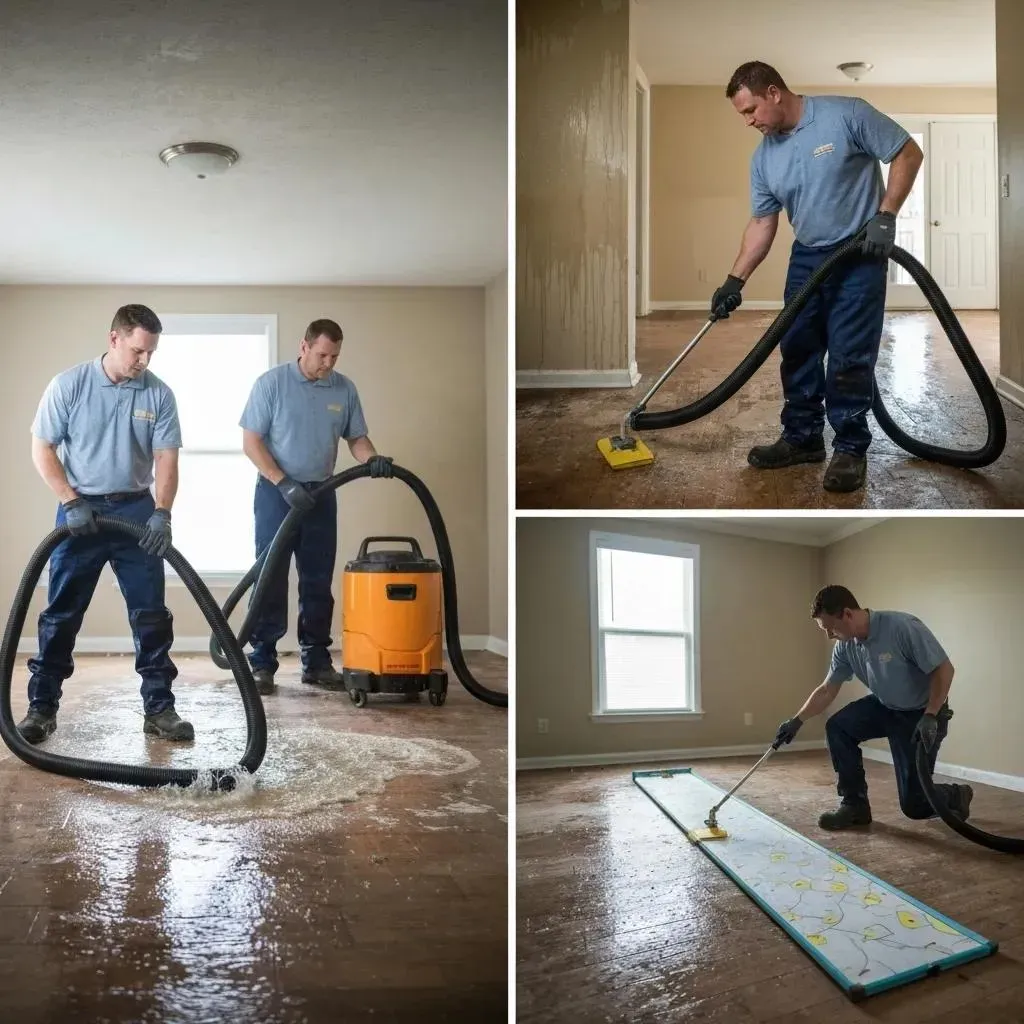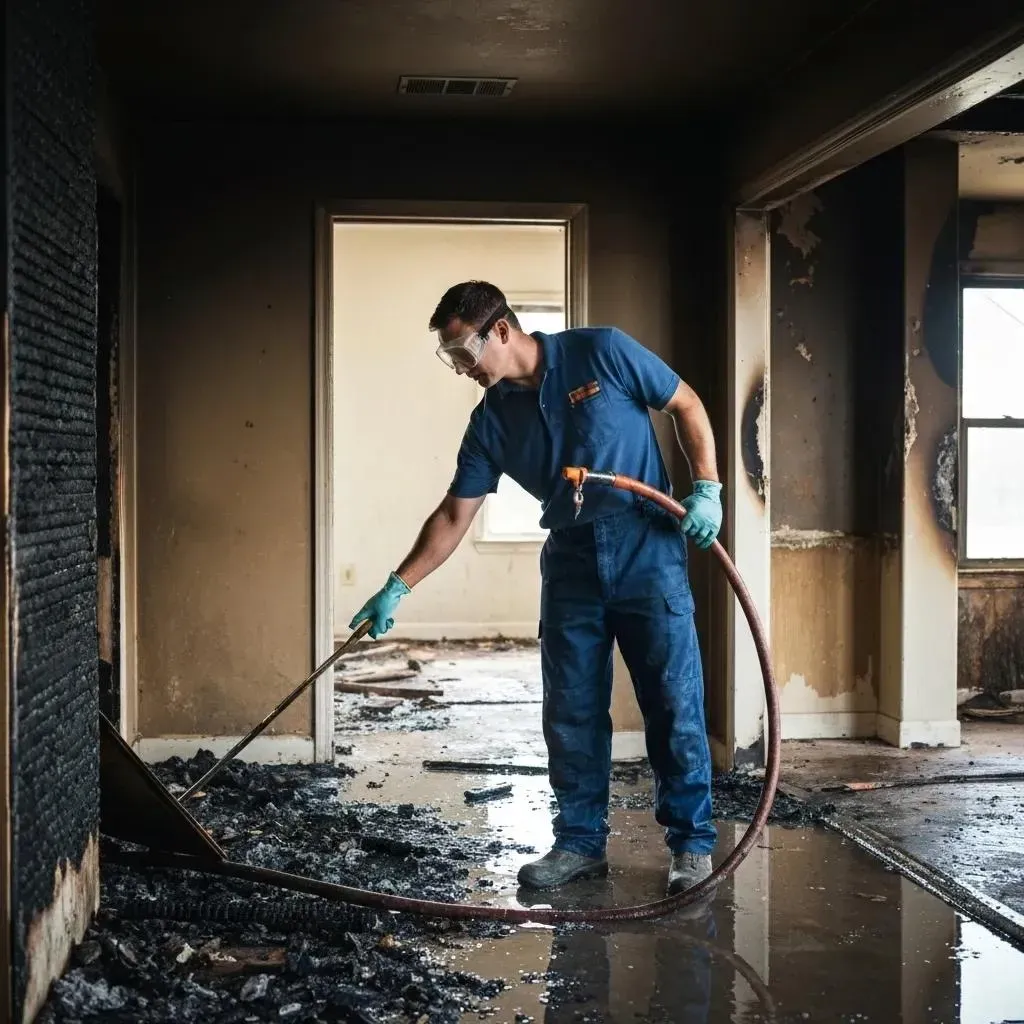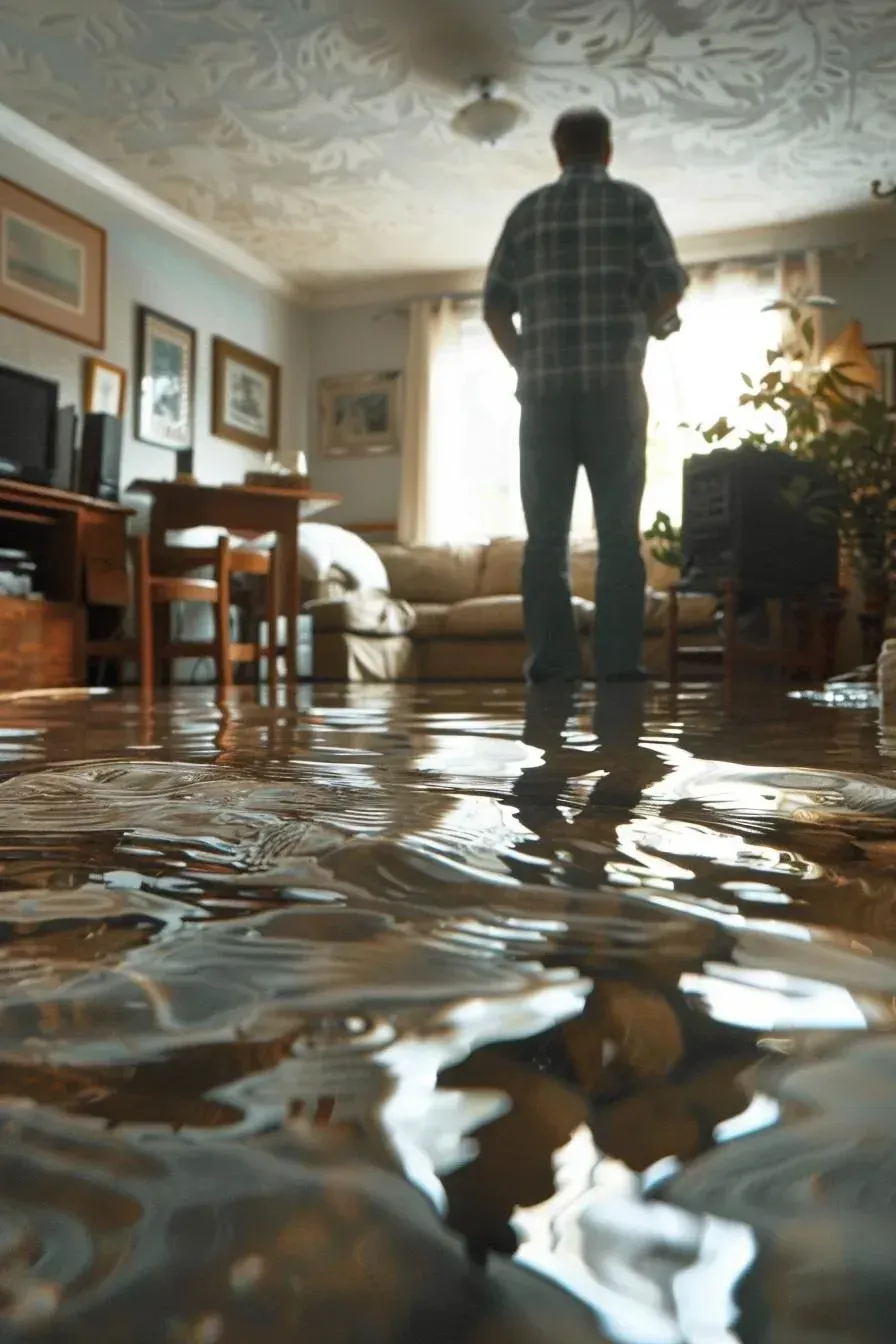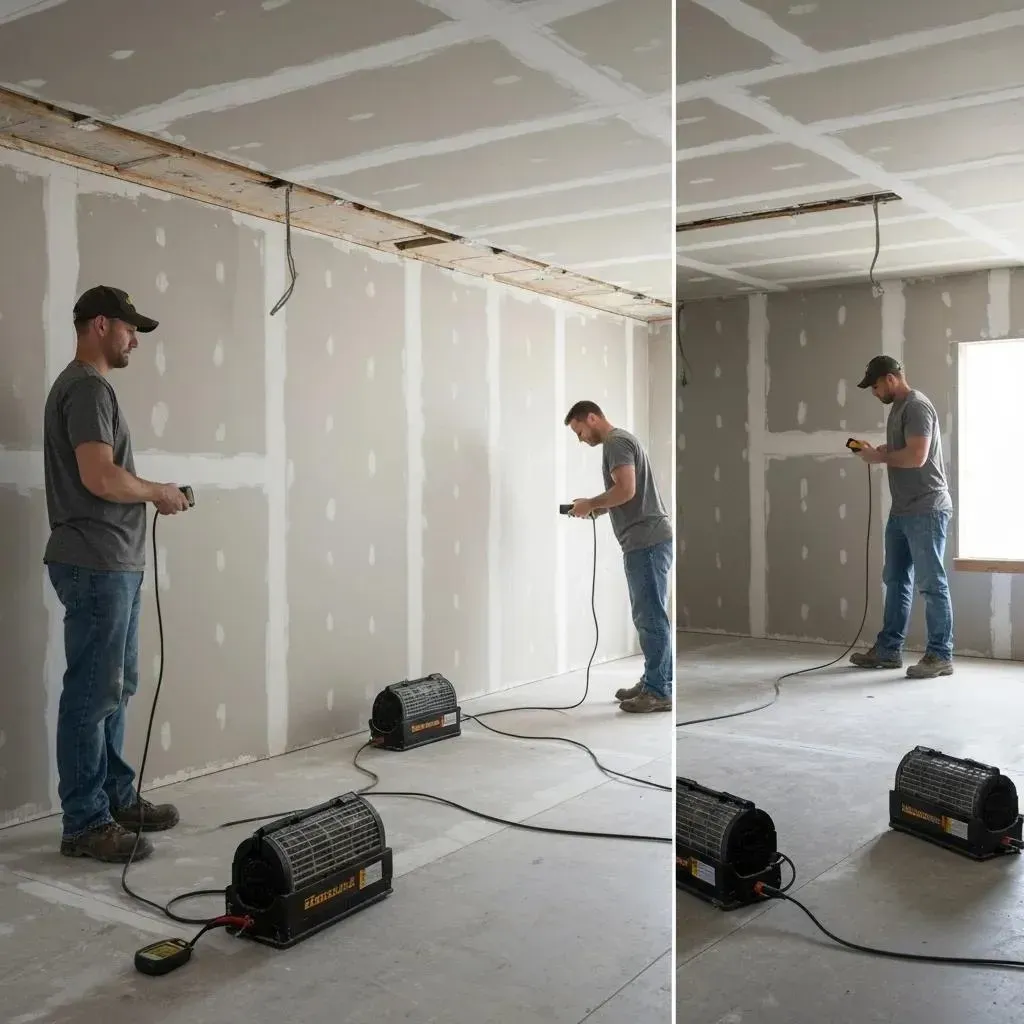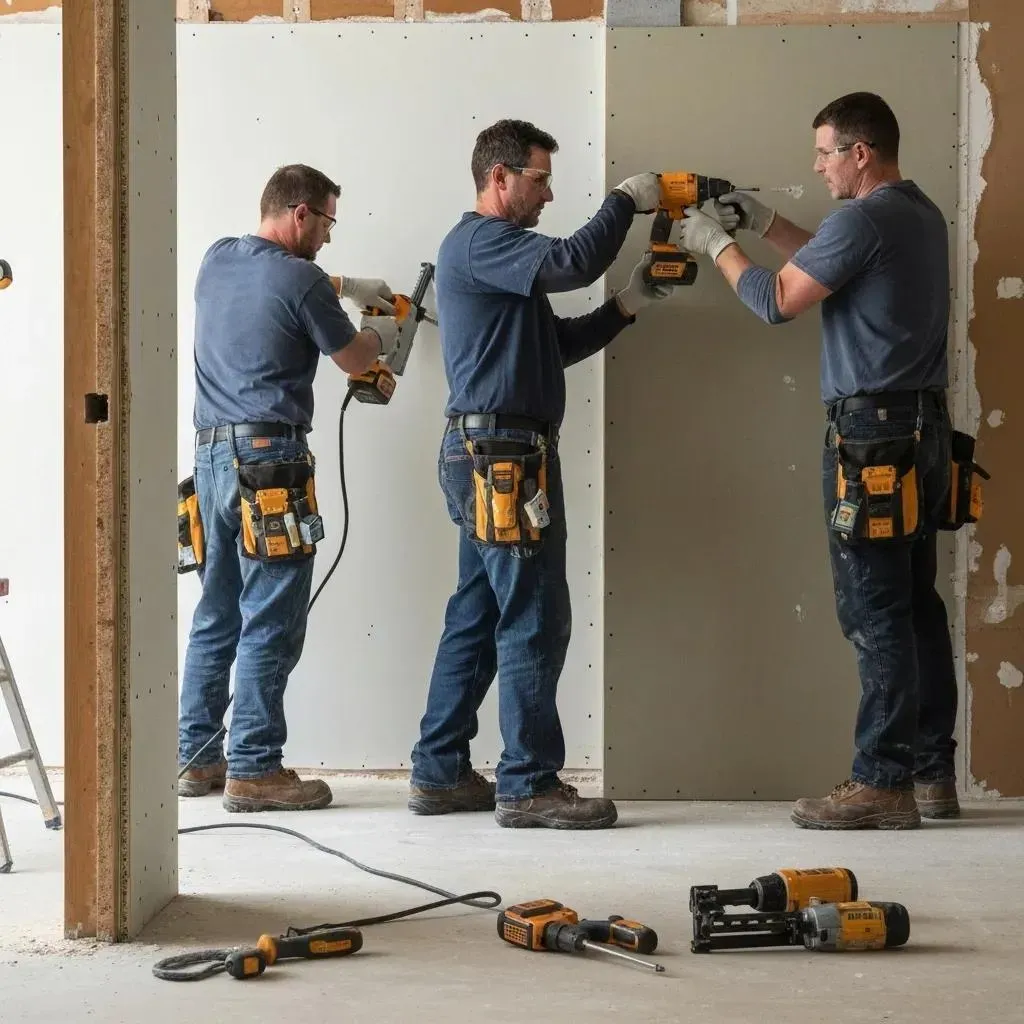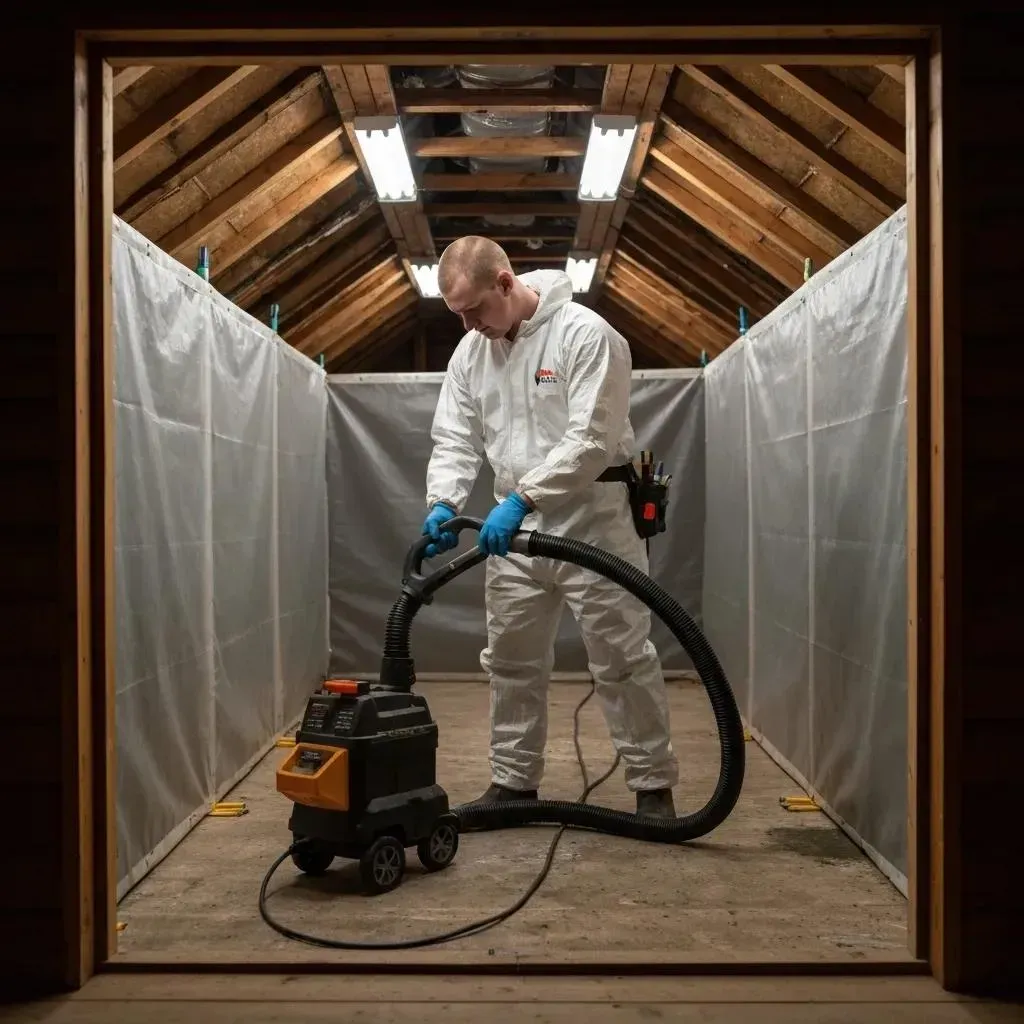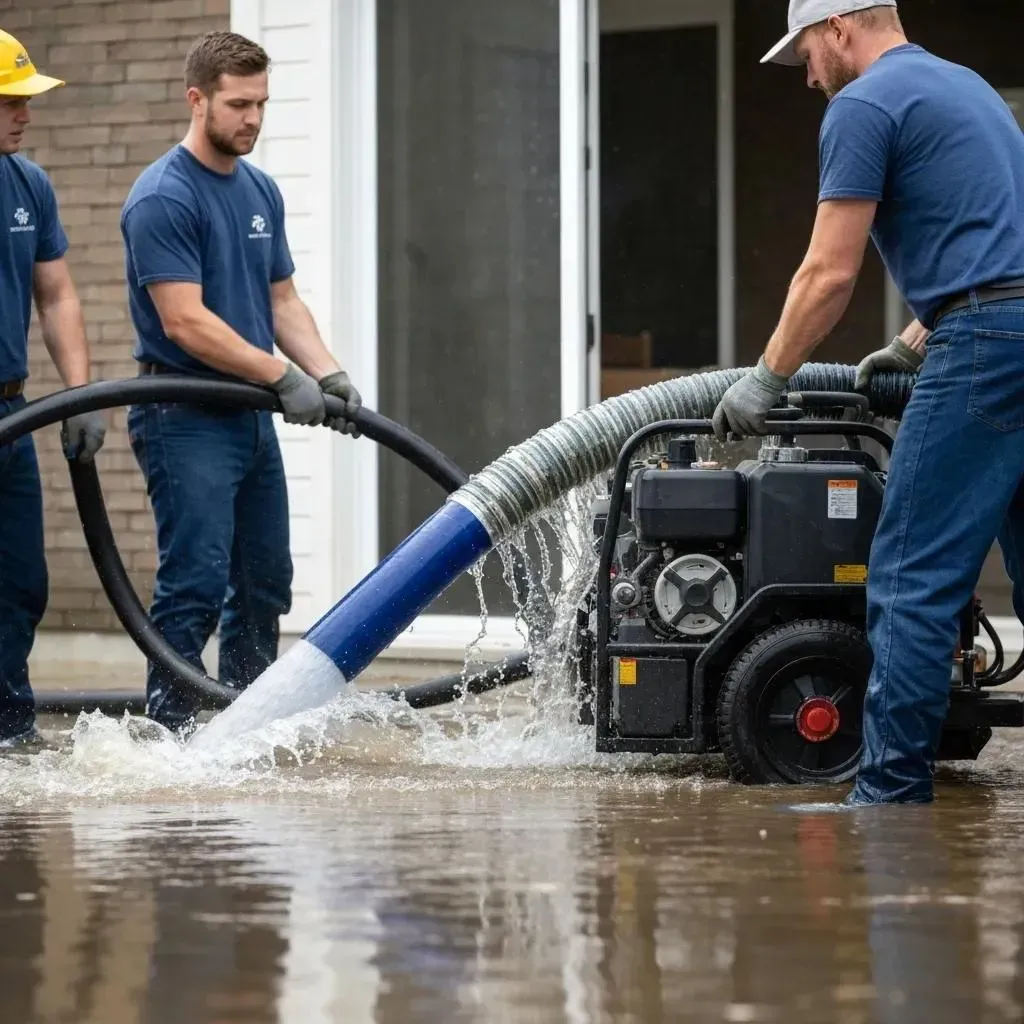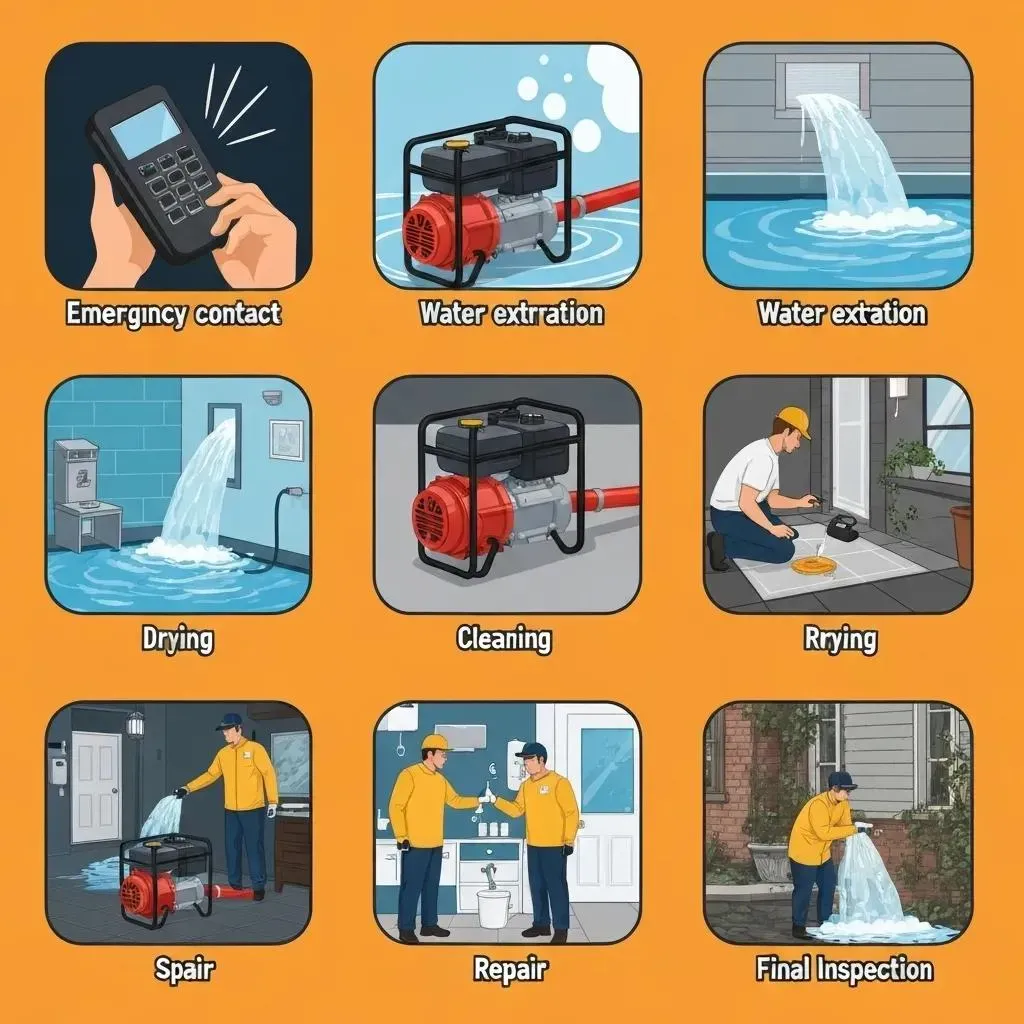Blog
Water damage from plumbing failures costs American homeowners billions of dollars annually, with the average insurance claim exceeding $11,000. In Denver's unique climate, where temperatures can plummet unexpectedly and older homes face aging infrastructure challenges, understanding your plumbing system isn't just smart—it's essential. This comprehensive guide will equip you with the knowledge to prevent disasters, recognize warning signs, and know exactly when professional intervention is necessary.
1. Understanding Your Home's Plumbing System
Your home's plumbing system is more complex than most homeowners realize, functioning as the circulatory system of your property. It consists of two primary subsystems working in harmony: the water supply system that brings fresh water in, and the drainage system that removes wastewater. Understanding these systems empowers you to identify issues before they become emergencies.
The water supply system operates under pressure, typically between 40-80 PSI in Denver homes, delivering clean water to every fixture. This pressurized system includes your main water line, which connects to the city supply, branching into smaller pipes that feed individual fixtures. Each connection point represents a potential failure location, making regular inspection crucial for preventing leaks.
Your drainage system relies on gravity and proper venting to remove wastewater efficiently. This network includes drain pipes, trap systems that prevent sewer gases from entering your home, and vent pipes that maintain proper air pressure for smooth drainage. When any component fails, you'll experience slow drains, gurgling sounds, or worse—sewage backups that can devastate your home.
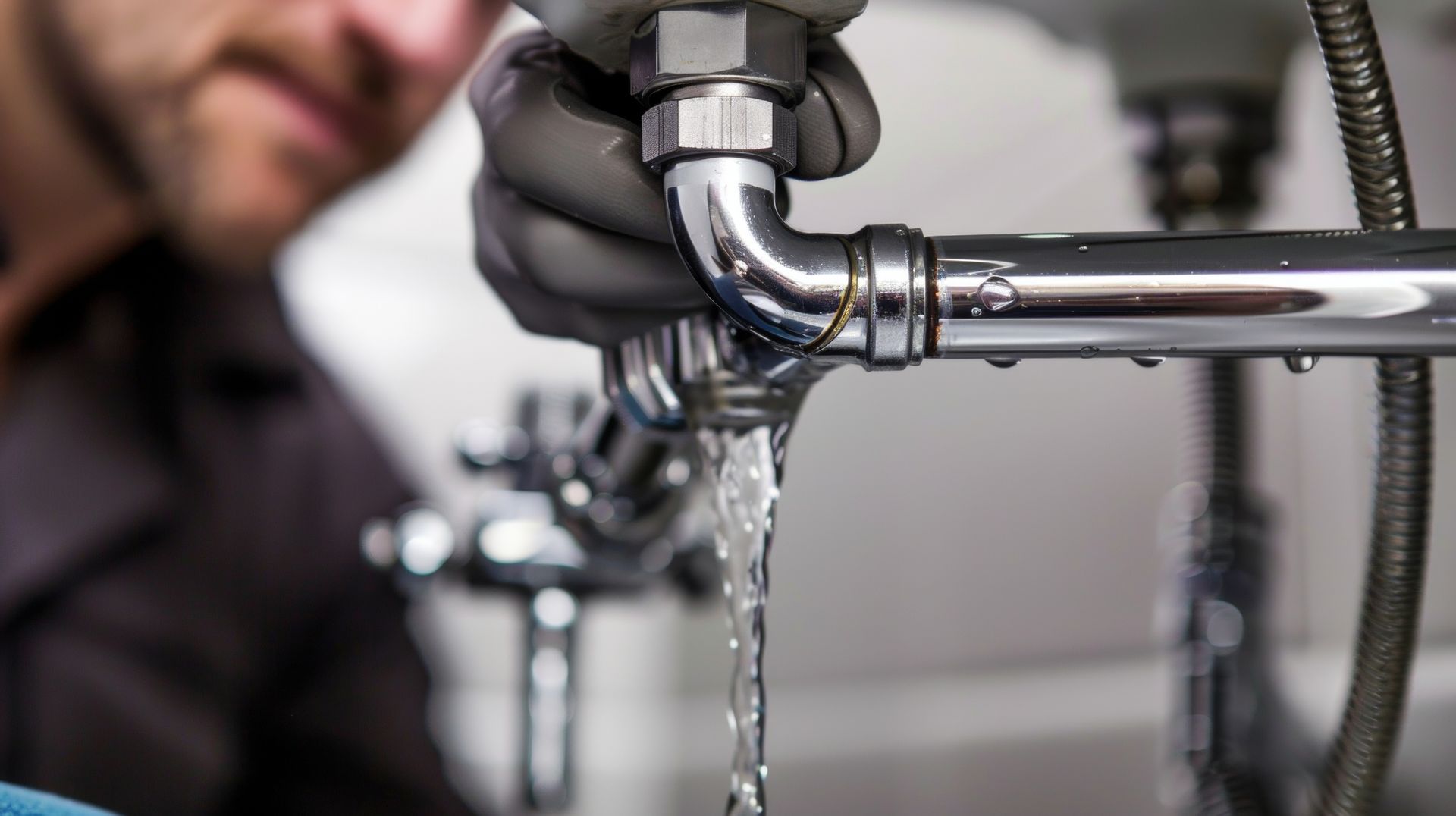
Denver's altitude and climate create unique challenges for plumbing systems. The lower atmospheric pressure affects water heater efficiency, while dramatic temperature swings stress pipes and connections. Additionally, our mineral-rich water accelerates corrosion and scale buildup, shortening the lifespan of plumbing components compared to other regions.
2. Critical Warning Signs You Can't Ignore
Plumbing disasters rarely occur without warning—your home typically provides multiple signals before catastrophic failure. Learning to recognize these early indicators can save thousands in repairs and prevent extensive water damage. The key lies in understanding which signs demand immediate attention versus those you can monitor.
Water pressure changes often signal developing problems within your plumbing system. Sudden drops in pressure might indicate a hidden leak, while gradual decline suggests mineral buildup in pipes. Conversely, excessive pressure strains your entire system, potentially causing premature fixture failure and increasing leak risk. Installing a pressure gauge on an outdoor faucet allows you to monitor this critical metric regularly.
Discolored water tells a story about your pipes' condition. Yellow or brown water typically indicates rust in older galvanized pipes, while blue-green tinting suggests copper pipe corrosion. These color changes aren't just aesthetic concerns—they signal active deterioration that will eventually lead to leaks or pipe failure. Document any color changes with photos and note which fixtures are affected to help professionals diagnose the issue accurately.

Unusual sounds from your plumbing system deserve immediate investigation. Banging pipes (water hammer) indicate pressure issues that stress joints and connections. Gurgling drains suggest venting problems that can lead to sewer gas infiltration. Running water sounds when no fixtures are in use almost certainly mean a hidden leak is actively damaging your home. Never dismiss these auditory warnings as mere annoyances.
Have you noticed any of these warning signs in your home recently? Taking action now could prevent a plumbing emergency that disrupts your life and drains your savings.
3. Seasonal Plumbing Maintenance for Denver Homes
Denver's dramatic seasonal changes demand a proactive approach to plumbing maintenance. Our region experiences temperature swings of 40 degrees or more within 24 hours, placing extraordinary stress on plumbing systems. Creating a seasonal maintenance routine protects your investment and prevents weather-related plumbing failures that plague unprepared homeowners.
Spring maintenance focuses on recovering from winter's harsh impact and preparing for summer usage patterns. Begin by inspecting exposed pipes for freeze damage, checking outdoor faucets for proper operation, and testing your sump pump before spring rains arrive. This is also the ideal time to flush your water heater, removing sediment accumulation that reduces efficiency and shortens equipment life. Don't forget to inspect washing machine hoses, which typically fail after five years and cause significant flooding when they rupture.
Summer brings increased water usage for irrigation and outdoor activities, making leak detection paramount. Check your water meter before and after a two-hour period when no water is being used—any change indicates a hidden leak. Inspect sprinkler systems for damaged heads and underground leaks that waste water and damage foundations. Summer is also perfect for scheduling professional drain cleaning, as tree roots actively grow during warm months and infiltrate sewer lines.
Fall preparation can mean the difference between a comfortable winter and costly emergency repairs. Disconnect and drain outdoor hoses before the first freeze, as water trapped in faucets can freeze and crack pipes deep within walls. Insulate exposed pipes in crawl spaces, garages, and attics using proper pipe insulation—newspaper and rags provide inadequate protection. Have your water heater serviced professionally, as efficiency drops significantly in cold weather, and failure during winter creates immediate hardship.
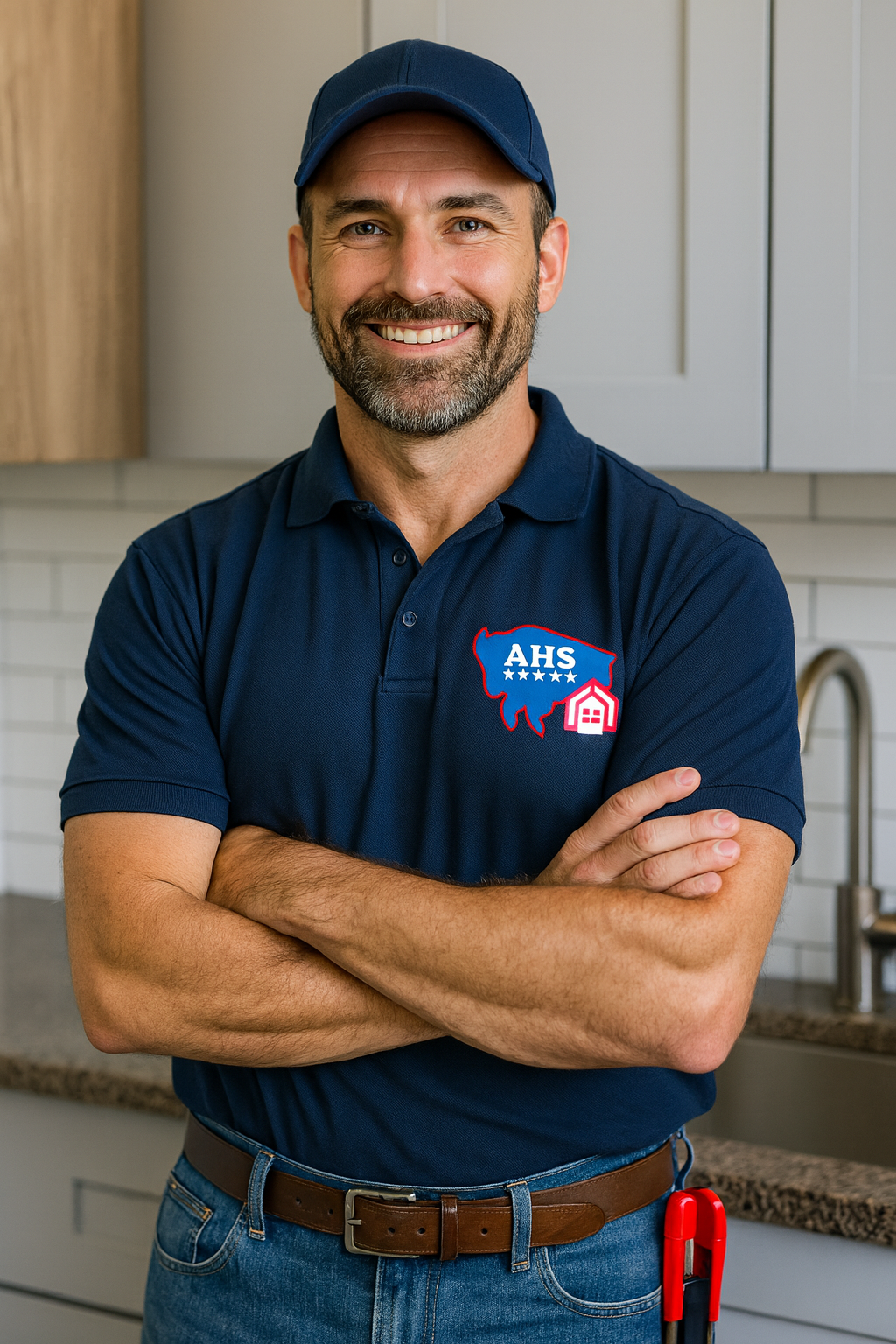
Winter vigilance prevents frozen pipe disasters that devastate thousands of Denver homes annually. Keep cabinet doors open during extreme cold to allow warm air circulation around pipes. Maintain consistent indoor temperatures day and night—the money saved by lowering nighttime temperatures pales compared to frozen pipe repairs. Learn your main water shutoff location and ensure all family members know how to use it, as quick action during a pipe burst minimizes damage significantly.
4. DIY Fixes vs. Professional Solutions
Understanding which plumbing issues you can safely address yourself versus those requiring professional expertise saves money while preventing costly mistakes. Modern DIY culture encourages self-reliance, but plumbing mistakes can cause thousands in water damage, void insurance coverage, and even create health hazards. This section provides clear guidelines for making informed decisions about plumbing repairs.
Simple maintenance tasks within most homeowners' capabilities include replacing faucet aerators, adjusting toilet fill valves, and unclogging surface drains with plungers. These repairs require minimal tools, pose little risk if done incorrectly, and offer immediate cost savings. YouTube tutorials and hardware store staff can guide you through these basic repairs, building confidence for future maintenance tasks.
Intermediate repairs like replacing faucets, installing new toilet components, or fixing minor leaks under sinks require more skill but remain achievable for dedicated DIYers. Success depends on having proper tools, following manufacturer instructions precisely, and knowing when to stop if complications arise. Always turn off water supplies before beginning work and have towels ready for unexpected leaks. Remember that even successful DIY repairs might not meet warranty requirements for some fixtures.
Professional intervention becomes essential for repairs involving main water lines, sewer connections, water heaters, or any gas-related plumbing. These systems require specialized knowledge, tools, and permits that protect your home's value and your family's safety. Additionally, insurance companies may deny claims for damage resulting from unlicensed work on these critical systems. Professional plumbers carry liability insurance, guarantee their work, and ensure code compliance that protects your home's resale value.

Emergency situations always warrant professional help, regardless of your DIY capabilities. Burst pipes, sewage backups, gas leaks, and major water heater failures require immediate expert intervention. Attempting these repairs yourself wastes critical time, potentially increases damage, and may create dangerous conditions. Establish relationships with reliable plumbers before emergencies occur, keeping their contact information readily accessible.
5. The Hidden Costs of Delayed Plumbing Maintenance
Postponing plumbing maintenance might seem like prudent financial management, but this short-sighted approach typically costs homeowners far more than regular upkeep. Understanding the true cost of deferred maintenance motivates proactive care that protects your home's value and your family's health. The numbers tell a compelling story about why prevention beats repair every time.
Water damage from plumbing failures extends far beyond the initial repair cost. A single burst pipe can destroy flooring, drywall, insulation, and personal belongings within minutes. Restoration involves water extraction, structural drying, mold remediation, and reconstruction—easily exceeding $20,000 for moderate damage. Insurance may cover some costs, but deductibles, coverage limits, and premium increases offset much of this protection. Additionally, insurance companies increasingly exclude claims resulting from poor maintenance, leaving homeowners fully liable.
Hidden leaks create insidious damage that compounds over time. A pinhole leak releasing just two drops per minute wastes over 70 gallons annually while promoting mold growth, rotting structural wood, and attracting destructive pests. By the time visible damage appears, extensive hidden deterioration has often occurred. Professional leak detection costs a fraction of repairing accumulated damage, yet many homeowners gamble with these hidden threats until catastrophe strikes.
Health implications of neglected plumbing systems affect your family's wellbeing and medical expenses. Mold from chronic moisture exposure triggers respiratory issues, allergies, and serious infections in sensitive individuals. Sewer gas infiltration from damaged vent systems causes headaches, fatigue, and cognitive impairment. Lead and copper leaching from corroded pipes poses particular risks to children's development. These health costs, both financial and personal, dwarf any savings from skipped maintenance.
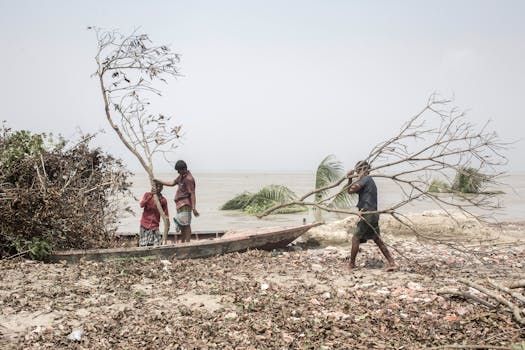
Property value suffers significantly when plumbing problems become apparent during home inspections. Buyers routinely demand concessions exceeding $10,000 for deferred plumbing maintenance, recognizing the risk of inheriting hidden problems. Even minor visible issues like slow drains or water stains trigger concerns about overall home maintenance, potentially derailing sales or forcing below-market pricing. Regular maintenance preserves your investment and ensures smooth future transactions.
6. Creating Your Plumbing Emergency Plan
Plumbing emergencies strike without warning, transforming calm evenings into chaotic scrambles to minimize damage. Having a comprehensive emergency plan transforms panic into purposeful action, potentially saving thousands in damage and ensuring your family's safety. This plan should be written, accessible, and familiar to all household members before disaster strikes.
Your emergency toolkit should be assembled now, not during a crisis. Include a water meter key for shutting off service at the street, adjustable wrenches for fixture shutoffs, heavy towels for containing water, and a wet/dry vacuum for water removal. Add rubber gloves, a headlamp for hands-free lighting, and basic first aid supplies for minor injuries. Store everything in a clearly labeled container near your main water shutoff valve.
Document critical information in a waterproof notebook or laminated sheets kept with your emergency toolkit. Record the locations of all shutoff valves with photos showing their positions. List emergency contact numbers for plumbers, water damage restoration companies, and your insurance agent. Include your homeowner's insurance policy number and claim reporting instructions. This preparation eliminates frantic searching during stressful emergencies when every minute counts.
Practice your emergency response plan with regular family drills, just like fire evacuation practice. Everyone should know how to shut off the main water supply, recognize gas leak odors, and understand when to evacuate versus when to attempt containment. Assign specific responsibilities to family members based on their capabilities, ensuring children know to alert adults immediately when they notice problems. These rehearsals build muscle memory that enables quick, effective responses during actual emergencies.
Consider installing smart home water monitoring systems that detect leaks instantly and can automatically shut off water supplies. These devices, ranging from simple sensor systems to sophisticated whole-home monitors, provide early warning and remote control capabilities through smartphone apps. While requiring initial investment, they prevent catastrophic damage when leaks occur during vacations or while you're at work, paying for themselves with a single prevented disaster.
Conclusion
Your home's plumbing system demands respect and regular attention to function reliably for decades. The strategies outlined in this guide—understanding your system, recognizing warning signs, maintaining seasonal schedules, knowing your DIY limits, appreciating true maintenance costs, and preparing for emergencies—form a comprehensive approach to plumbing stewardship. Implementation requires minimal time and modest investment compared to the devastating costs of plumbing failures.
Start your proactive plumbing maintenance journey today by conducting a simple home assessment. Check visible pipes for corrosion, test all shutoff valves for proper operation, and note any unusual sounds or odors from your plumbing system. Schedule professional inspections for concerns beyond your expertise, and begin assembling your emergency toolkit. These small steps initiate a maintenance routine that protects your home, health, and finances.
Remember that Accountable Home Services stands ready to support your plumbing maintenance needs with professional expertise, advanced diagnostic tools, and commitment to protecting Denver homes. Whether you need routine maintenance, emergency repairs, or system upgrades, our experienced team provides solutions that ensure your plumbing system's reliability. Don't wait for disasters to strike—take control of your home's plumbing health today and enjoy the peace of mind that comes from proactive maintenance and professional support when you need it most.

